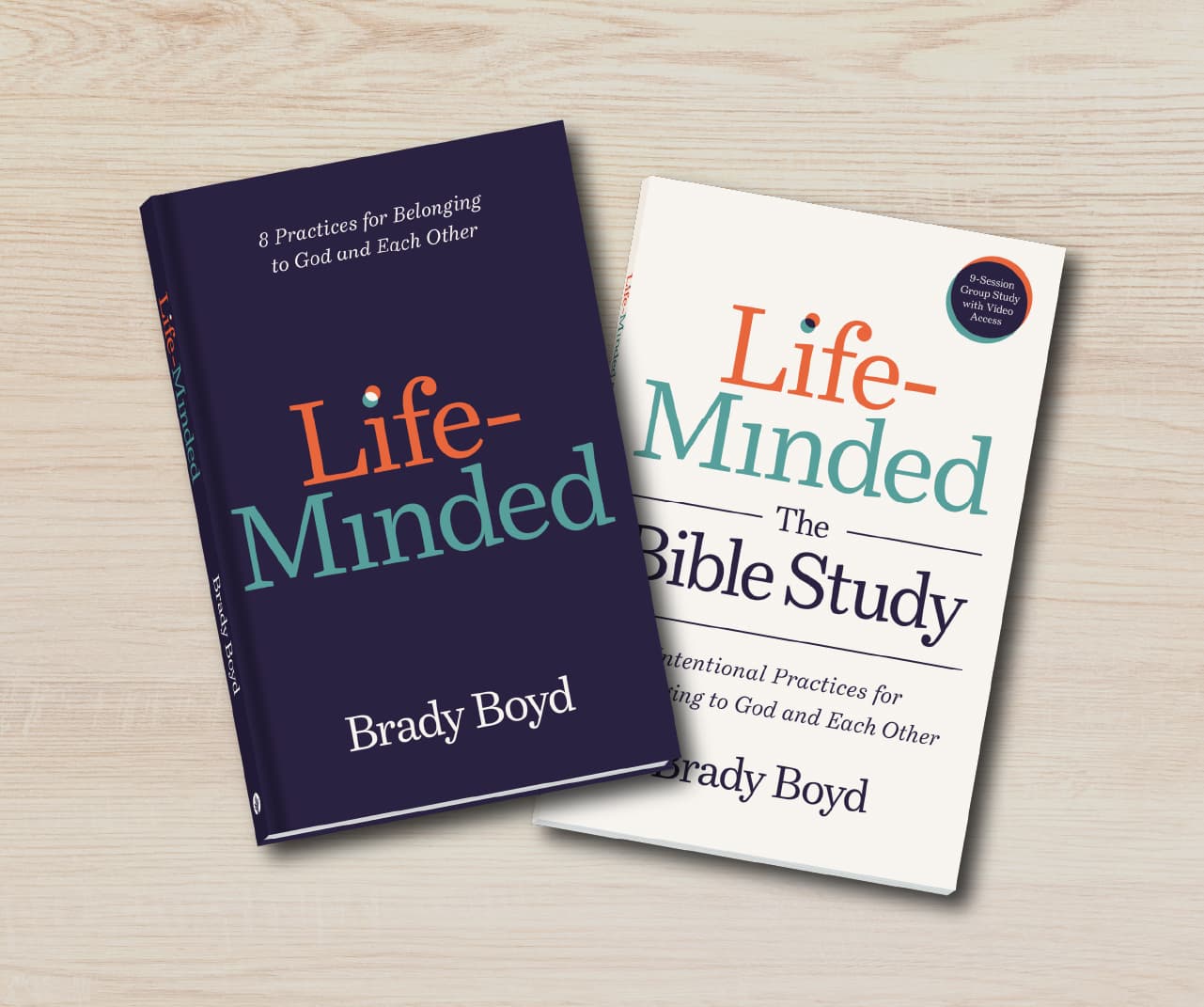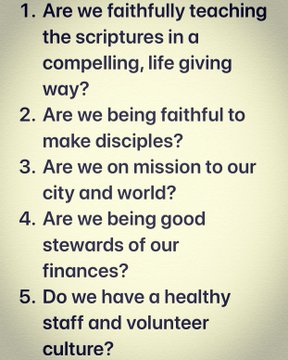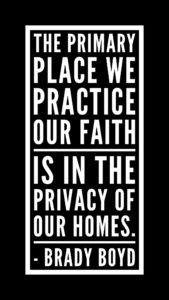Recently, I was in a meeting with some church leaders, talking about complex social concerns like suicide, depression, porn addiction, and sexual brokenness. These issues are complicated and nuanced, for sure. During the conversation, which lasted for several hours, one of the leaders said the reason these issues have not been solved was because the church had not taught enough on the topics.
I know it’s easy to blame our societal ills on failures from the pulpit, but it deflects the blame from the real culprit. The church should certainly tackle all these issues – consistently, purposely and graciously. However, the family has always been the best place to educate and inform. Discipleship, teaching and training should always begin at home and be reinforced at church. Too many people are wanting the church to do heavy lifting that should be happening around our dinner tables.
When family life is robust and centered on holy conversations, kids are taught by their parents. Good parents refuse to wait for others to have healthy conversations with their own kids. Right now, pastors are feeling enormous pressures to fill the gaps left by broken families. I know most of my sermons contain information that’s being heard for the first time and most people in my church don’t have mature mentors to further process what I’m teaching them.
For most people, this creates a huge gulf in the discipleship journey. The home has no answers for them, the world is telling them lies, the church is trying, but failing to tackle all their concerns, therefore, people are left immature and discouraged. To make matters worse, these same people are attending church less than ever, which means they’re missing most of what’s actually being taught. Right now, the most committed people in our churches attend less than 2 1/2 Sundays per month and there’s no margin in their calendars for advanced classes and discipleship courses.
Believe me, most pastors want to make disciples. This is our sacred duty. We want people to grow up, be strong, get well, and find the truth. At times, it seems the church is overwhelmed with pressures to preach on a myriad of complex issues, like violence, politics, immigration, sexuality, abuse, mental health, and so many others. All are critical topics, but a 30-minute message on Sunday will not suffice.
We must take individual responsibility for our homes and for our friends. Turn off the devices, and have real conversations. Do this regularly. Make it a habit. Each week, we must put ourselves in a small circle of trusted friends and talk deeply about the complexities of life. We must listen well, pray sincerely and not relent until truth is found. Then come to the church and help your pastor lead those who are abandoned and distraught.
Don’t show up on Sunday wanting all your questions answered. Show up on Sundays and get involved with the people sitting around you. Most of them do not have homes and families that are safe for vulnerable conversations. Offer them your friendship, your empathy and your prayers. Go make disciples in partnership with your church and pastor. He needs you. I need you.


